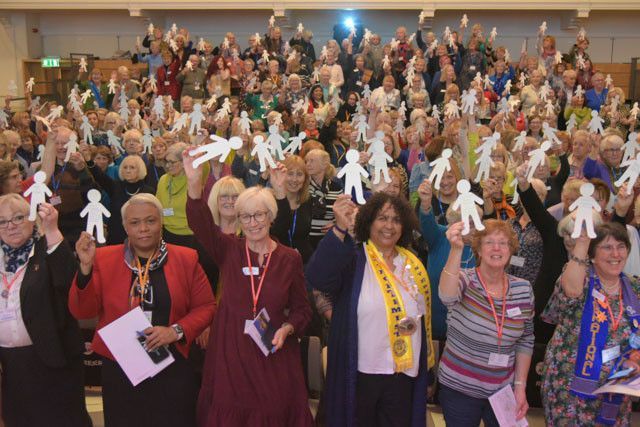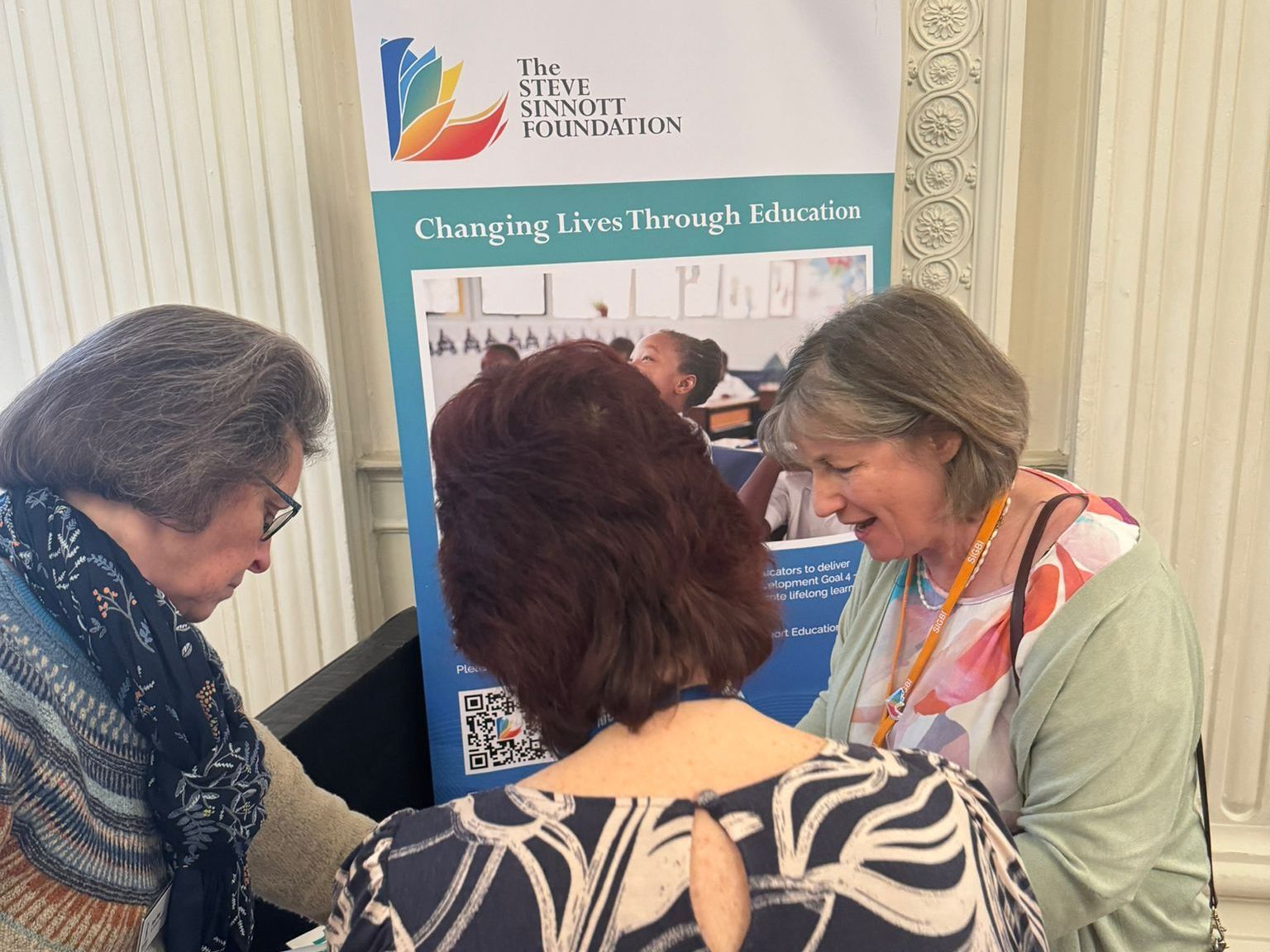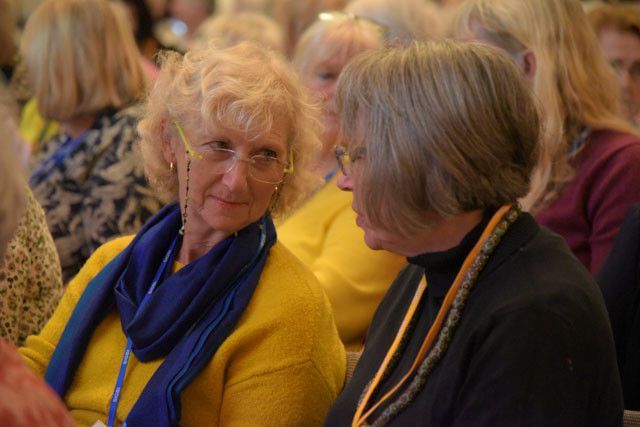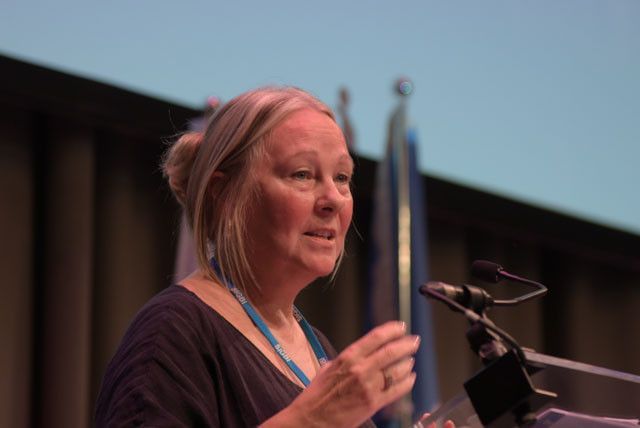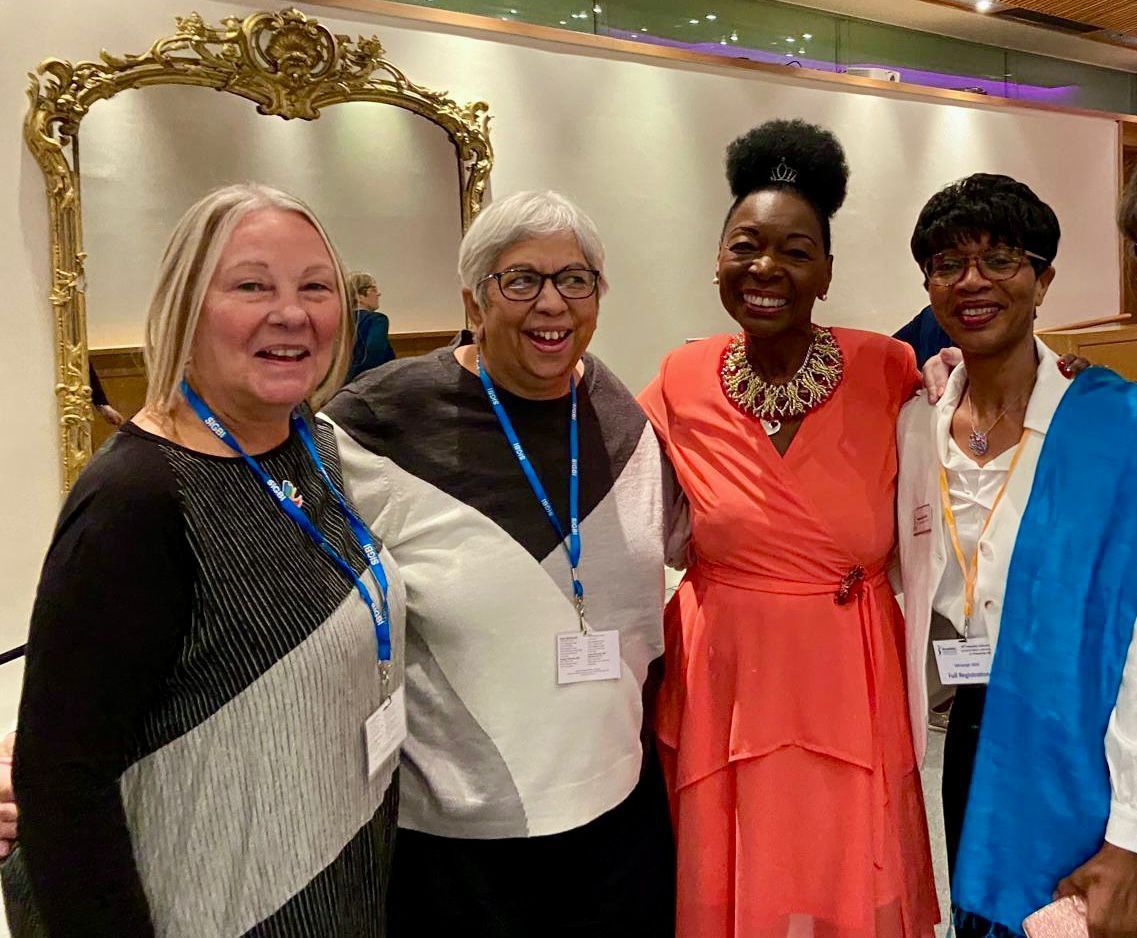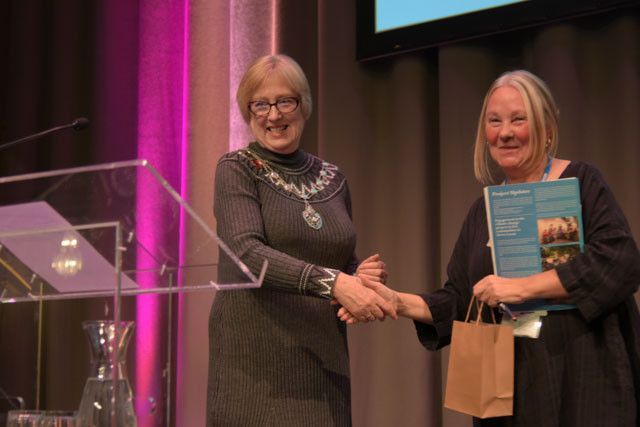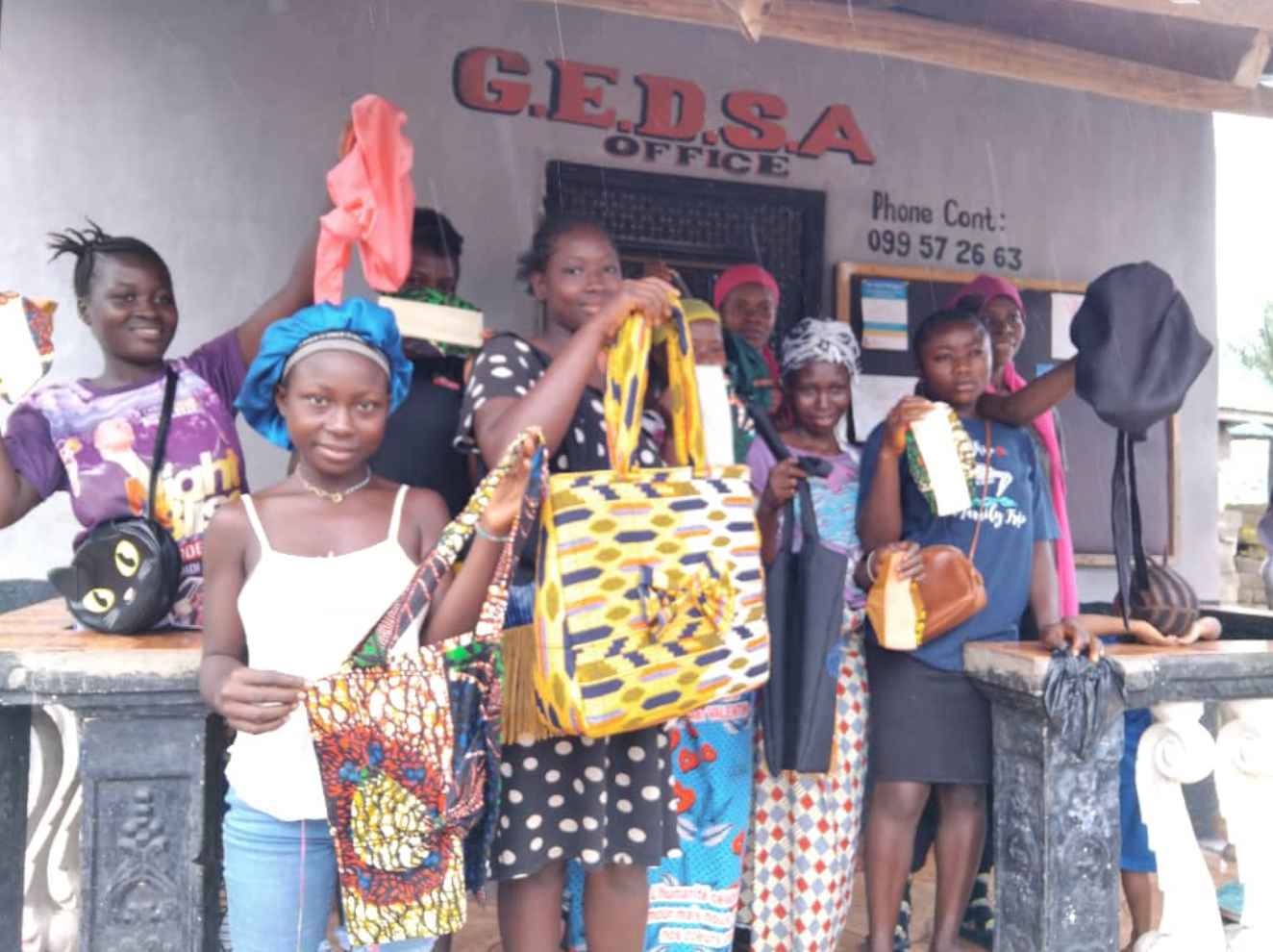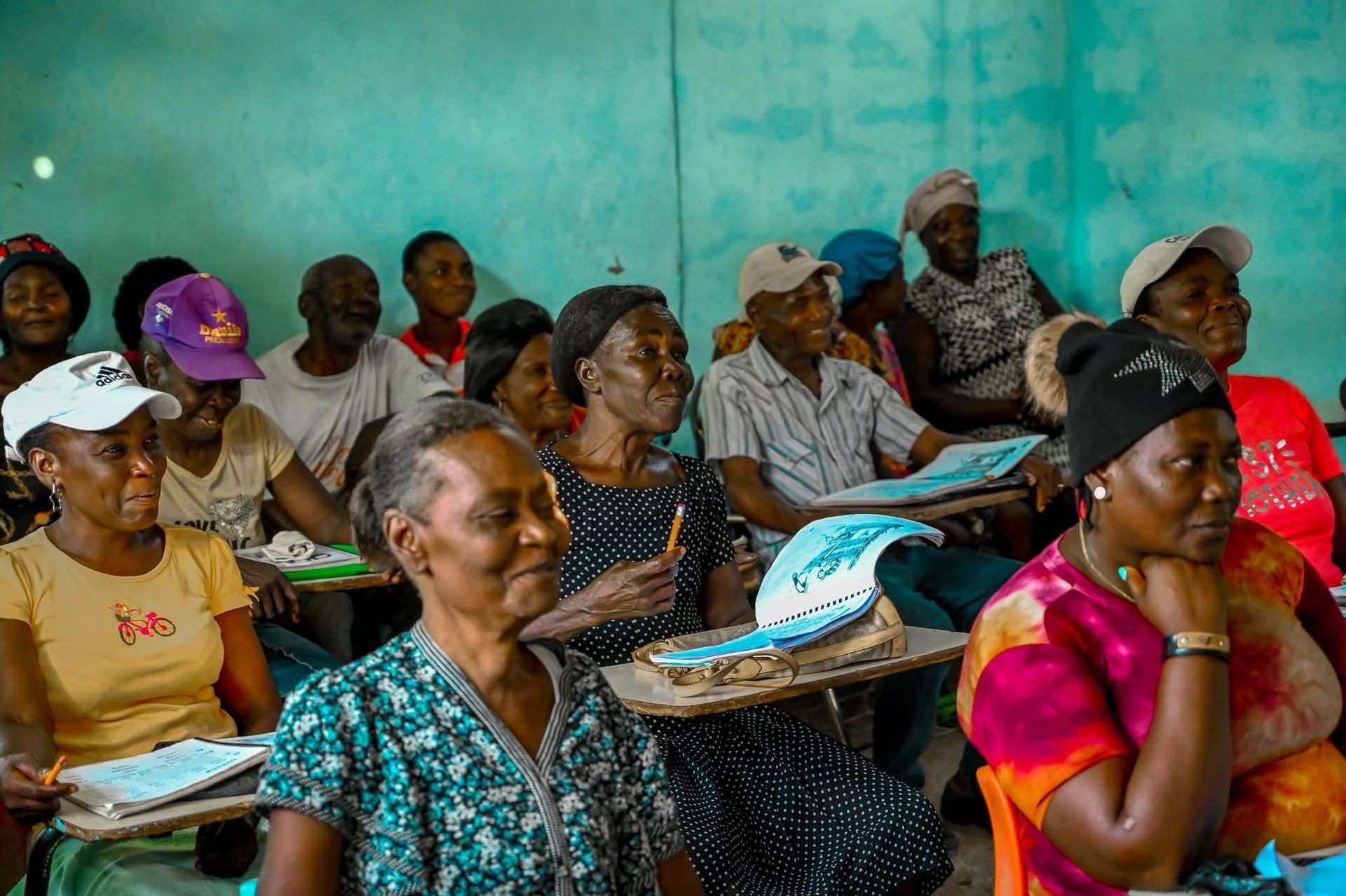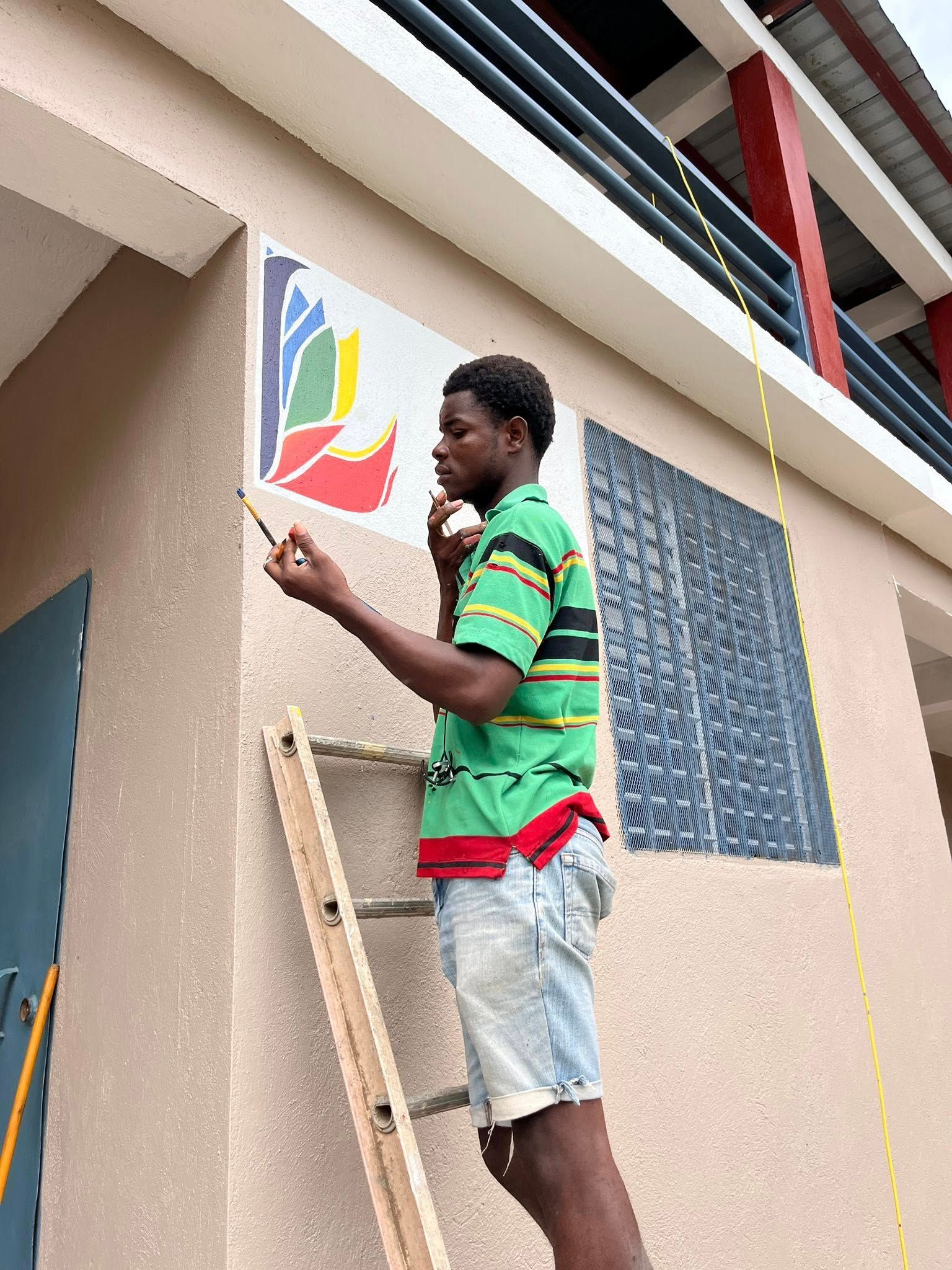By Ann Beatty
•
January 27, 2026
Here we hear from Gabie Aurel who leads the Sonje Ayiti Organization (SAO), our partner in Haiti. They prioritise investing in quality education to break the cycle of poverty, promote long-term economic and social stability, and uplift everyone. It equips children, youth, and adults with the skills to achieve their potential, higher earnings, and better health outcomes. SAO’s work improves community well-being overall and fosters a more resilient and inclusive society. Gabie says,’I am so privileged to grace the path of many inspiring individuals (children, youth, men and women) who share their stories about what education means to them and how it has built their confidence and drastically transformed their lives.’ An example of a life transformed is Rosenie Selmour, a second level participant in ALFA at the Cima Literacy Center in Limonade, Haiti. Here is her testimony: ‘I always felt small when people were reading and writing around me because I couldn't read or write. I was afraid to speak in public, and I was ashamed to say that I couldn't read. Since coming to the Cima Literacy Center, my life has changed. Every day I learn something new. I can read on my own, I can read medical prescriptions, I can read my Creole Bible very well, and even write my children's names on their notebooks and supervise their homework. I am in awe to see how our good education is expressed daily in the form of mutual respect, solidarity, empathy, camaraderie, and how we support and treat each other now. We don't laugh at people if they make mistakes. We correct and we encourage. I remember the first time I read a sentence in front of the class, everyone in the centre was happy and applauded me. I felt proud, it was the first time I felt so valued. What motivates me to come every day? ‘It's my dream to be able to read and write well and to know my fundamental rights. And above all, I feel like I'm not alone. We are a family at Alfa.’ Stories like this fuel SAO’s commitment to invest in quality education throughout Haiti, especially in rural villages where the most vulnerable children, youth, and adults have no access to basic education. SAO’s commitment to breaking the cycle of poverty through quality education promotes greater employment opportunities which lift families out of poverty, thus reducing heavy reliance on social assistance programmes. It boosts economic growth through a skilled workforce, fosters individual well-being, reduces preventable diseases,and improves overall understanding of health. This can prevent diseases, unnecessary deaths and improve overall well-being. Quality education cultivates important cognitive, social, emotional, and communication skills. This reduces conflicts and improves harmony in communities. Additionally, it helps build resilience to recurring difficulties, reduces gender-based violence prevalent in rural communities, and strives to promote gender equality, building stronger communities and societies, enhancing social stability. In sum, quality education for all creates a recurring cycle of inclusive opportunity for all.’ Supporting the Resource Learning Centre in Haiti Until students return to school in December they are learning vocational skills and they themselves are actively involved in site renovation work We are really proud to see this revival take hold with so much passion and responsibility.
